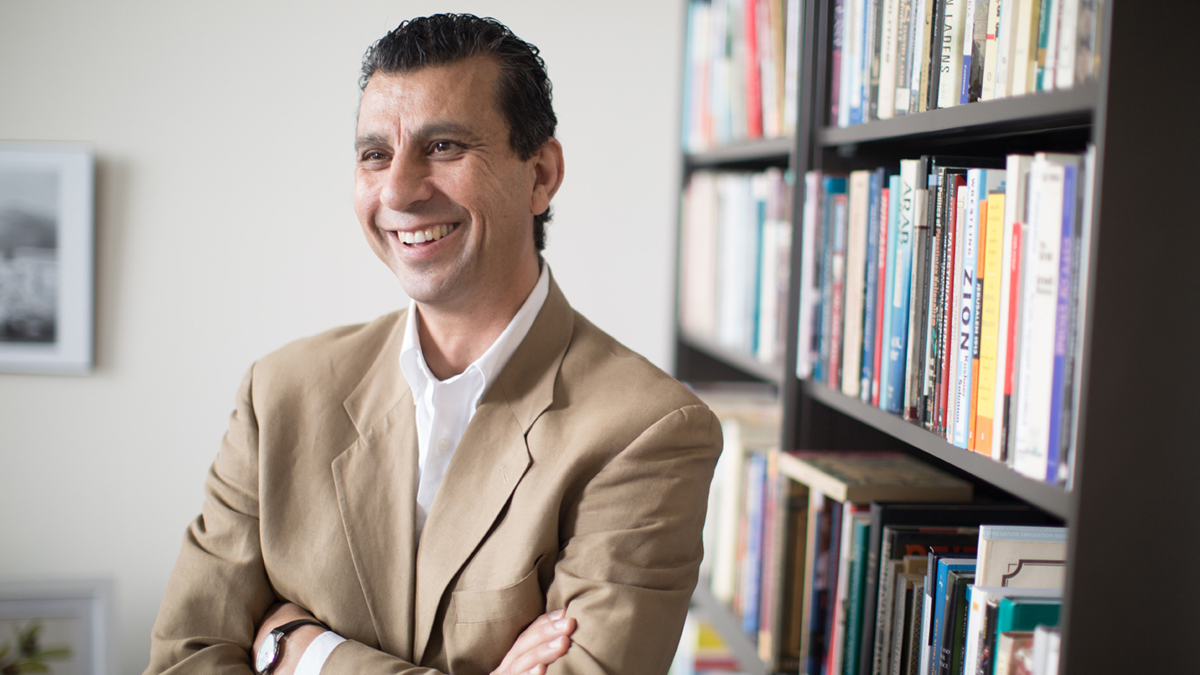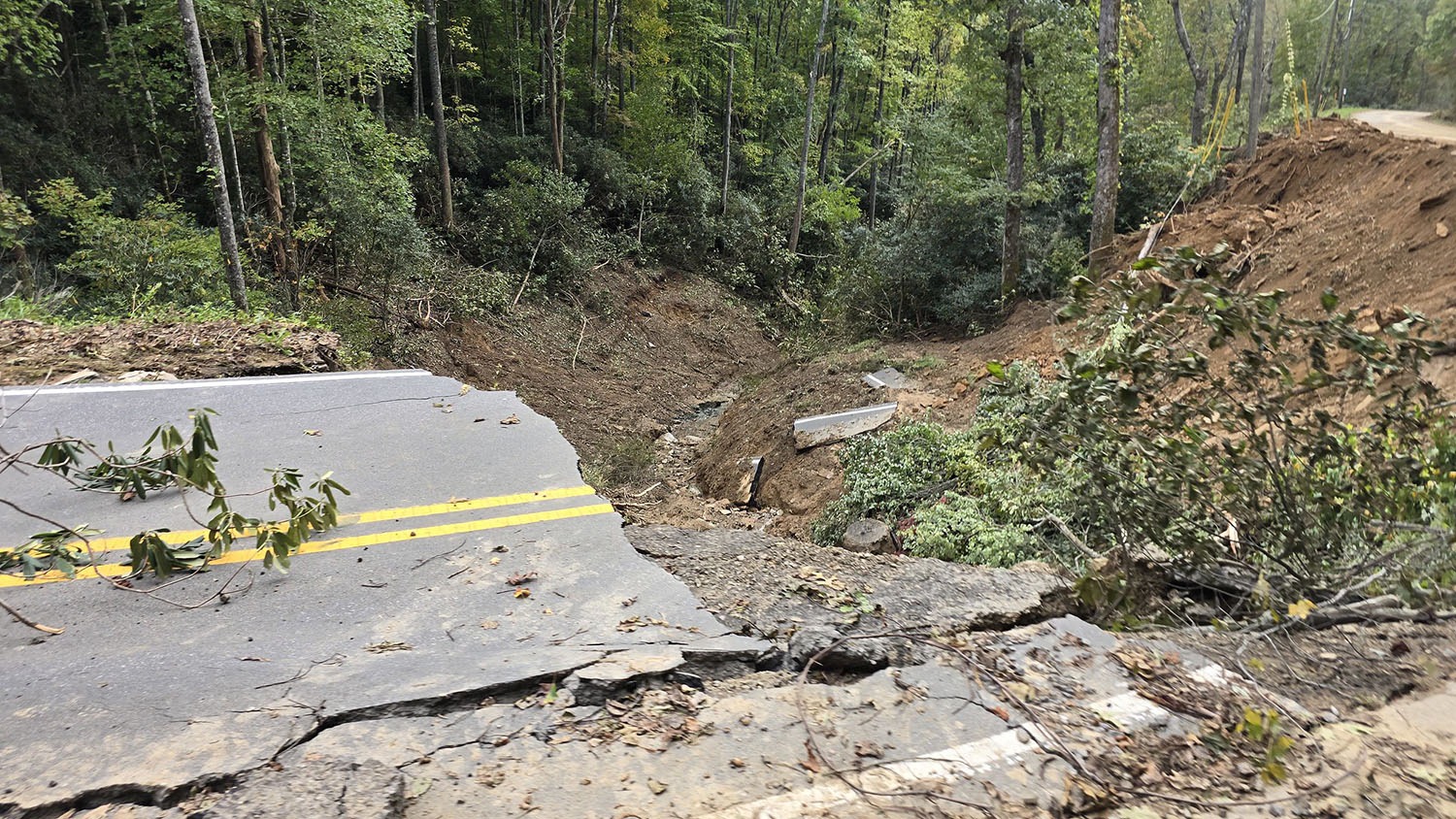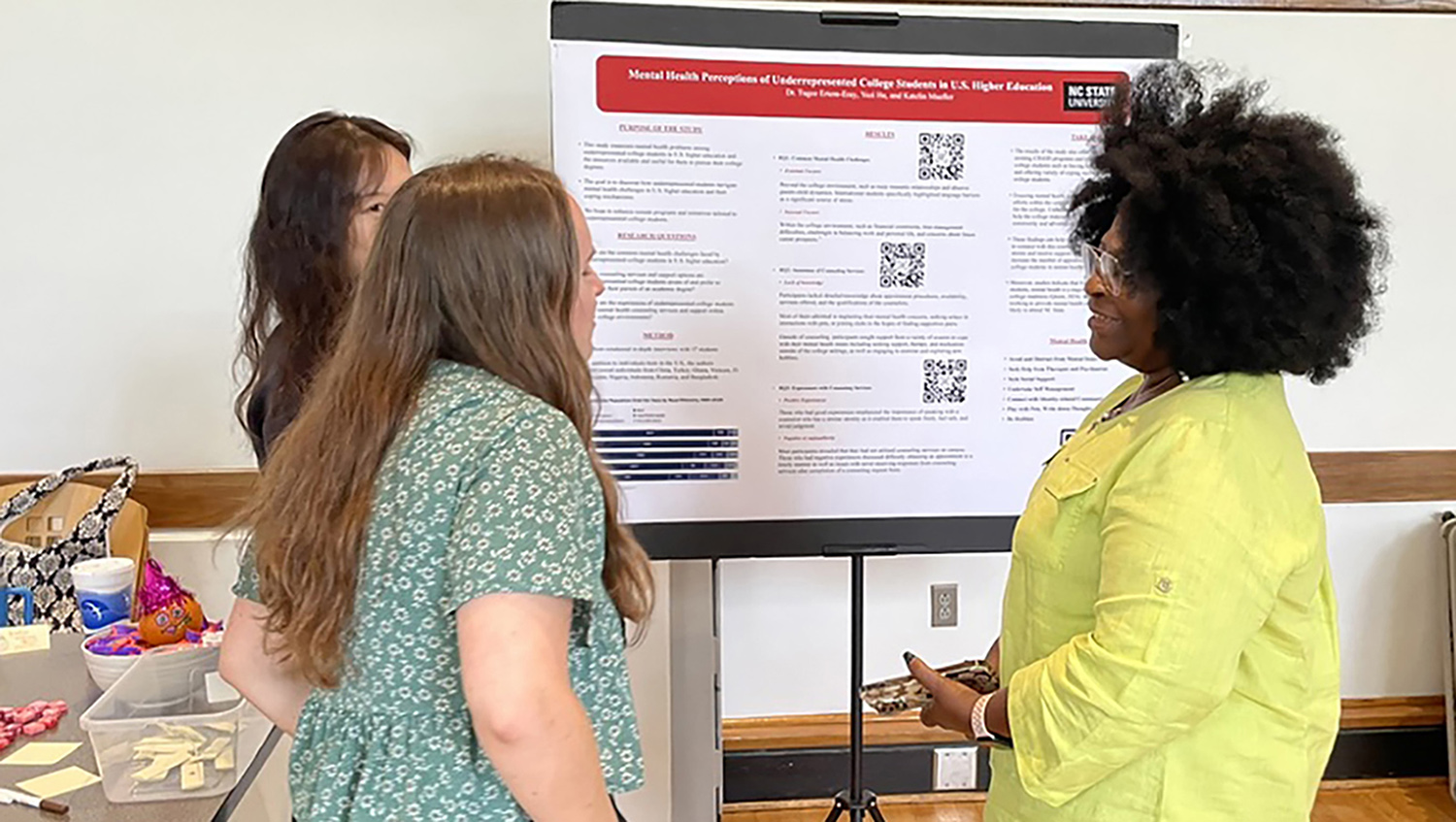Informing Today’s Discourse on Immigration

After spending hours distilling massive batch files from the United States Census Bureau, Akram Khater and his team of researchers had finally extracted the data they eagerly sought:
Demographic clues pointing to every Lebanese person living in America in the early 1900s.
On a digital map of the U.S., the researchers charted the home addresses for each individual. Khater remembers looking at the map, one component of a larger “Lebanese in America” digital humanities project, for the first time.
“What really hit me was that every county had someone in it,” Khater said. “Some counties had one person, some counties had thousands, but still they were there.”
It was a powerful image, Khater said, one representative of the longstanding presence of Arabs in America — as Americans. It tells a story of their more than 130-year history in the U.S. that’s largely absent from today’s news headlines and popular discourse on immigration.
And that’s the point. At NC State’s Moise A. Khayrallah Center for Lebanese Diaspora Studies, researchers use data, such as Census records, to preserve and share the clearest, most honest histories of Arab-Americans, particularly Lebanese-American immigrants. As the university’s Khayrallah Distinguished Professor of Lebanese Diaspora Studies, Khater directs the center and its various initiatives.
Thanks to an $8.1 million gift in 2014 from Dr. Moise Khayrallah, for whom the center is named, Khater’s position is endowed — the most recent of six named distinguished professorships in the College of Humanities and Social Sciences. At NC State, endowed professorships are essential to recruiting and retaining top scholars such as Khater; they often create funding for salary support and research activities.
‘Public Intellectuals’
After joining NC State’s faculty as a Middle East historian in the mid-1990s, Khater has spent more than 20 years studying how the Lebanese emigrated to the United States and have contributed to thriving communities and the economy. During the same time, however, he’s observed how their complex stories have been oversimplified. A hardening post-9/11 “radical Islam” storyline has led many to view Arabs as a threat, Khater said, rather than a deep-rooted part of American society. Partly, in an effort to help set the record straight and in part to preserve this rich history and heritage, Khater and Khayrallah worked together to develop the idea for the Khayrallah Center, which began as a pilot program in 2010 before its endowment four years later.
But in addition to his duties directing the center, Khater also informs today’s discourse on immigration by directly engaging the public. During his time at NC State, Khater has delivered more than 400 talks — the majority of which he’s given since 9/11.
Conversations about contemporary issues such as immigration and the Middle East can often accompany charged rhetoric or half-truths, so Khater said it’s vital for scholars to employ their expertise to not only address the public’s questions and concerns, but to listen.
“I’ve given talks ranging from five kids in a Boy Scout troop to 700 people in an auditorium, and each of those have been valuable to furthering the discussion of these ideas,” said Khater, a native of Lebanon who first emigrated to the U.S. in 1978 to further his education. “And it keeps me in touch with the world beyond academia; it helps me formulate questions and research in profound ways.”
Historically, Khater said, professors have played a large role in informing public discourse. However, he thinks scholars have grown increasingly isolated as their fields grow more complex, they work more hours and attacks on universities as “being too liberal” have driven them to retreat to their offices.
“We have a responsibility to be public intellectuals,” Khater said. “What I love about NC State is that it encourages public engagement. We have a lot to say, and whatever the research is, it has relevance.”
Making an Impression
At the Khayrallah Center, Khater and his team of researchers have two primary missions: to foster new scholarship and spread that knowledge through public history projects in film, the digital humanities and museum exhibitions.
Only two years since its creation, the center is already making an impression on the national (and international) stage.
- Scholars from across the world have come to visit and study at the center, including some who have also published work in the center’s academic journal, Mashriq and Mahjar.
- Five awards, from undergraduate internships to a postdoctoral fellowship, encourage new research, as does the center’s biennial conference on the Lebanese Diaspora.
- Ongoing public history projects include a traveling museum exhibit tracing Lebanese migration to America, interactive websites detailing Lebanese-American occupations and health, and workshops that help families preserve their own histories. The center is also creating a documentary about early Arab writers and intellectuals, in addition to assisting the Lebanese Ministry of Foreign Affairs curate a new museum in Lebanon.
All of the recent initiatives build off the success of Cedars in the Pines, a 2012 PBS documentary about the history of Lebanese-Americans in North Carolina. With support from the Khayrallahs, the Language and Life Project at NC State and public history graduate students, Khater created the film, a corresponding K-12 curriculum and a multimedia museum exhibit during the pilot stage.
Through public screenings alone, Khater said more than 10,000 people have viewed the film.
“People were coming out of the woodwork to see the film — people who are newcomers to the U.S. and also people whose grandparents and parents are from North Carolina,” Khater said. “They were in tears — for the first time, they saw their stories on screen; their contributions were being recognized.”
It was the same type of emotion Khater experienced after seeing the map of the Lebanese in America. He remembers finding a county in rural southeastern Colorado, home to about 200 Lebanese immigrants.
“I looked at it and kept thinking, ‘What brought you here?’” he said. “Who would leave their whole family, language and culture, to go to a place where they don’t speak the language and more often than not are met with indifference and even hostility at times?
“Who else would do that other than hard workers who help build America?”


